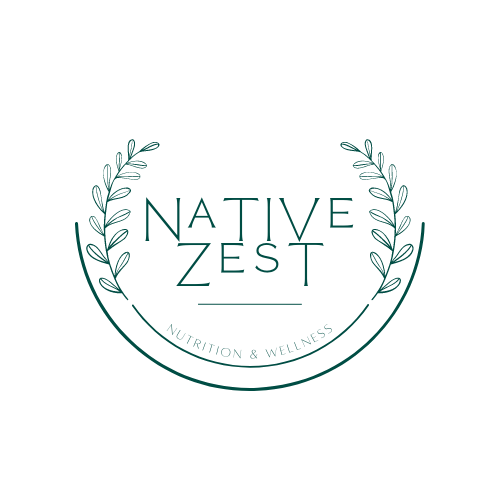-
Anti-nutrients
Just as the name implies, anti-nutrients are chemically active substances found in a plant that act in a way to fight against absorption of the plant’s nutrients. Some bind to nutrients and prevent them from being absorbed. It’s hypothesized that the reason for anti-nutrients to occur...
-
Good fats: flax seeds vs pumpkin seeds
Flax contains Omega-3 fatty acids in the form of alpha-linolenic acid (ALA). Lipoprotein levels, impact on cholesterol Whole flaxseed has been shown to decrease LDL levels but also do not seem to have an effect on concentrations of HDL and triglyceride levels...
-
Proteins crucial role in the body
Proteins are composed of amino acids and are the most functionally diverse molecules in the body. Proteins act as antibodies, binding to foreign particles like viruses and bacteria, enzymes, carrying out chemical reactions in cells and they form new molecules by reading DNA. Proteins also play a role in hormones, structure/growth/repair of bone..
-
Counting calories; the good, the bad
There are benefits to counting those pesky little calories, for instance, it's good to be considerate of your daily intake. Or, on the other end, you also want to make sure you are consuming enough! However, there are many limitations to counting. Metabolically, calories are not created equal...
-
Sweeteners, is one better than the other?
When consuming aspartame and caffeine, it creates a short addictive high similar in the way cocaine works with the release of exotoxins. Aspartame contains an essential amino acid called phenylalanine; the amount of aspartame generally found in 1 liter of soda is equivalent to one egg.





